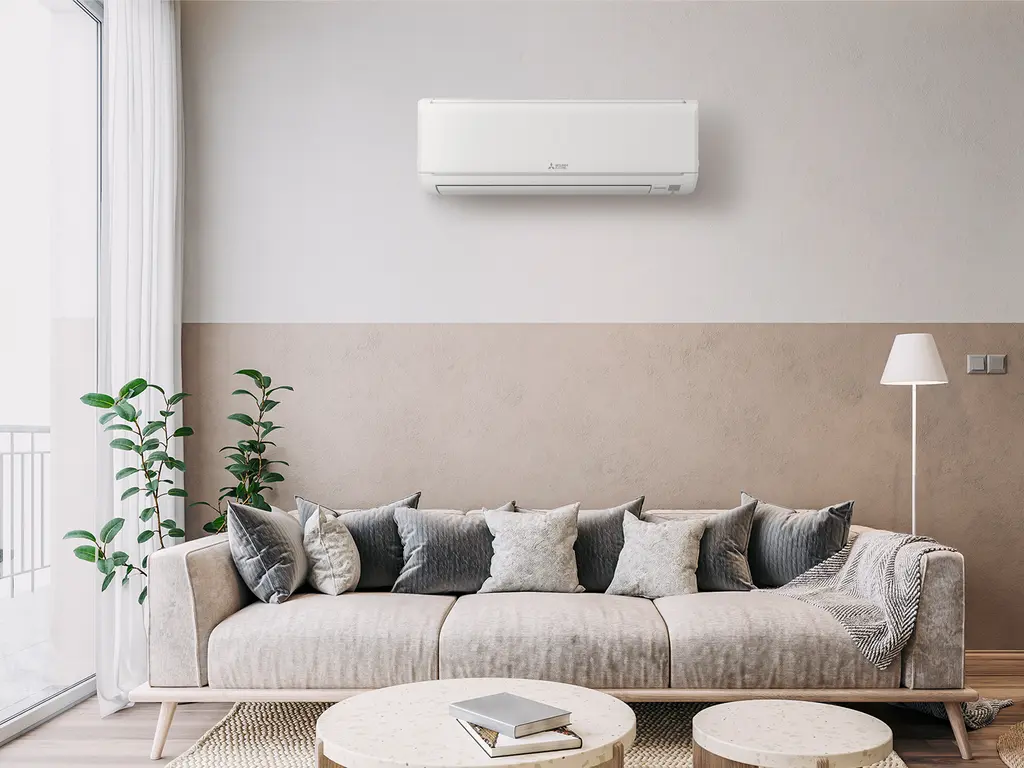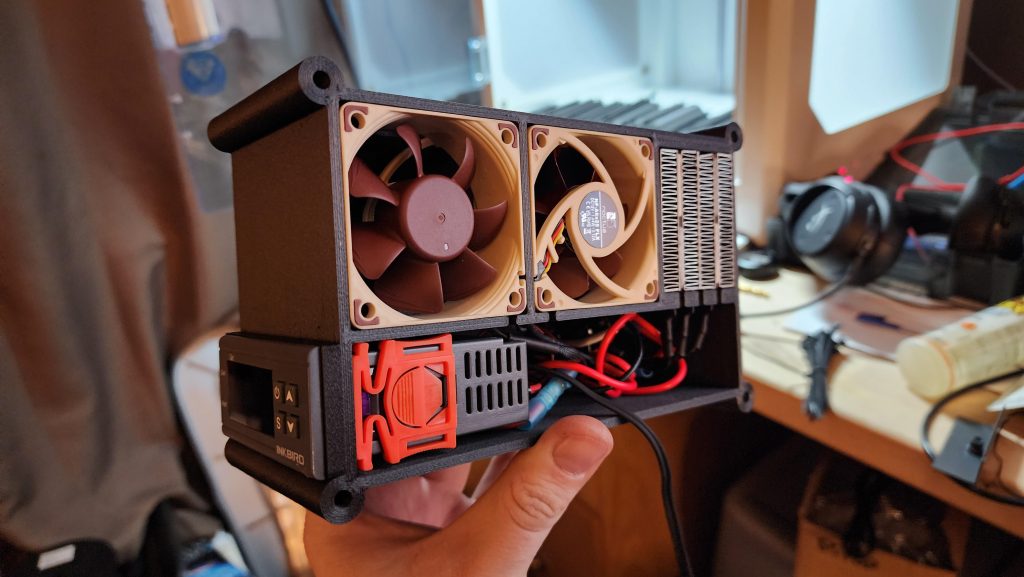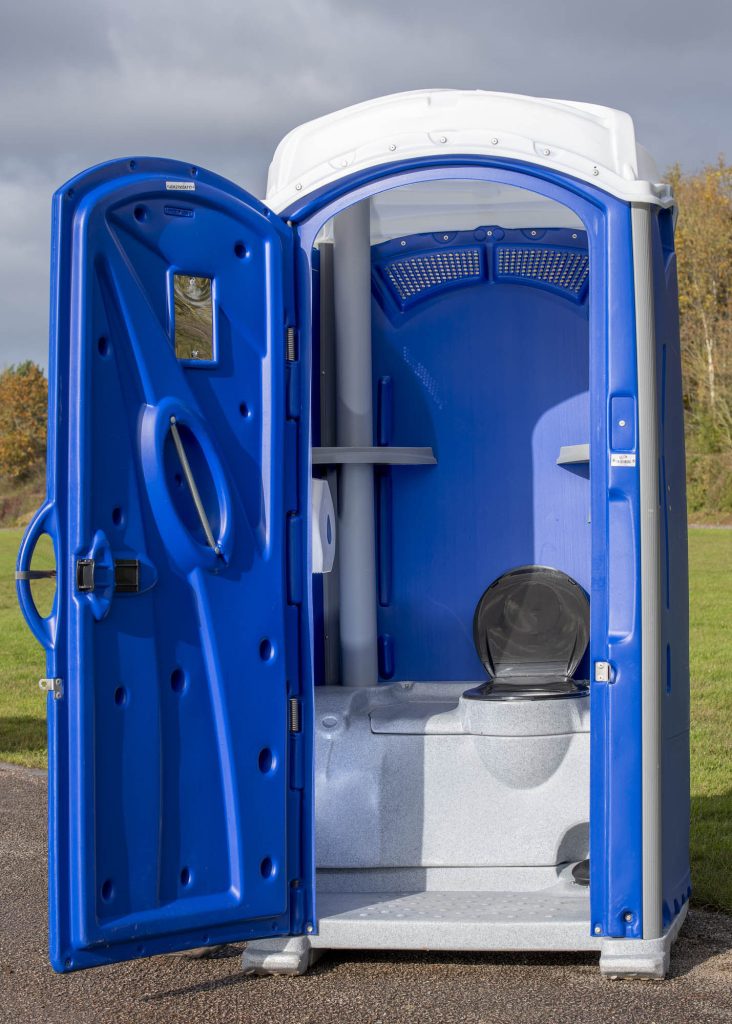Leading Logistics Companies Redefine Efficiency With Smart Tracking Technologies
Efficient logistics has become a critical driver of business success, and companies are turning to smart tracking technologies to enhance operations. These technologies offer precise monitoring of shipments, real-time data insights, and improved supply chain visibility. By leveraging intelligent tracking systems, logistics providers can minimize delays, reduce operational costs, and enhance customer satisfaction. The integration of digital tools into logistics processes ensures transparency and accountability, enabling companies to make informed decisions quickly. Smart tracking solutions are transforming the way goods move from origin to destination, setting new standards for reliability and efficiency.
Enhanced Shipment Visibility
Smart tracking technologies provide complete visibility of goods throughout the supply chain. Using advanced sensors, GPS devices, and IoT-enabled platforms, companies can monitor shipment locations in real time. This allows:
- Accurate estimated delivery times.
- Quick identification of delays or disruptions.
- Better route planning and resource allocation.
Enhanced visibility reduces uncertainties for both providers and customers, building trust and streamlining operations. Businesses using ecommerce fulfillment Ottawa benefit from fast turnaround times and real-time tracking for every shipment.
Operational Efficiency and Cost Reduction
Intelligent tracking systems significantly optimize operational workflows. Key benefits include:
- Automated tracking reduces manual checks and paperwork.
- Real-time alerts prevent loss or misplacement of goods.
- Data analytics highlight inefficiencies and suggest improvements.
These systems help logistics companies save time, reduce fuel consumption, and improve workforce productivity, contributing directly to cost reduction.
Improved Customer Experience
Customer satisfaction is closely linked to reliable delivery and transparent communication. Smart tracking technologies allow:
- Continuous updates on shipment status.
- Notifications for potential delays.
- Personalized delivery options based on real-time data.
By keeping customers informed and providing accurate delivery predictions, companies can enhance loyalty and strengthen relationships.
Data-Driven Decision Making
Modern logistics relies heavily on data collected through tracking technologies. Analytics derived from tracking systems enable:
- Forecasting demand and managing inventory effectively.
- Optimizing delivery routes using historical and real-time data.
- Identifying potential risks and addressing them proactively.
These insights ensure that logistics companies can operate with precision and adaptability, responding swiftly to changing conditions.
Sustainability and Environmental Impact
Smart tracking technologies also contribute to sustainable logistics practices. By optimizing routes, reducing unnecessary trips, and lowering fuel usage, companies can minimize their carbon footprint. Additionally, accurate shipment tracking reduces the need for emergency rescheduling and returns, which further supports eco-friendly operations.
Leading logistics companies are redefining efficiency through smart tracking technologies. By enhancing visibility, streamlining operations, improving customer experience, enabling data-driven decision-making, and supporting sustainable practices, these systems are reshaping the logistics landscape. Companies that adopt intelligent tracking solutions can achieve faster, more reliable, and cost-effective deliveries while maintaining transparency and accountability across the supply chain. The integration of these technologies sets a new benchmark for logistics efficiency, ensuring businesses remain competitive and responsive to evolving market demands.






